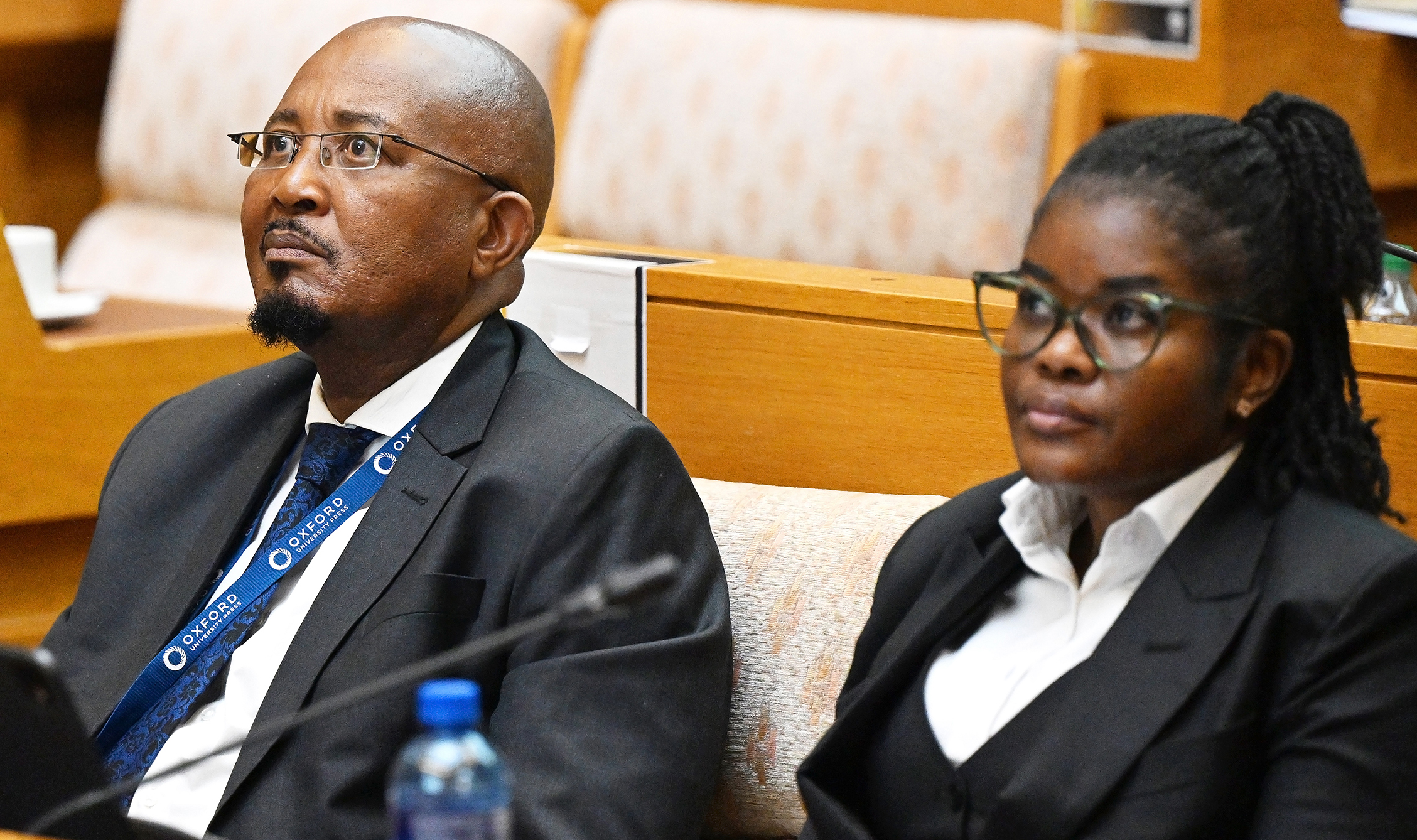There have been some improvements at entities that could have an impact on South Africa’s unemployment rate, especially among young people. These include firings, the advertising and filling of posts, and the recovery of R857-million.
On Tuesday, Higher Education Minister Nobuhle Nkabane briefed Parliament alongside the Department of Higher Education and Training and its entities, the National Skills Fund (NSF) and the National Student Financial Aid Scheme (NSFAS).
The NSFAS and the NSF provide bursaries, loans and support for developmental projects.
According to an NSFAS presentation, the Special Investigating Unit (SIU) has recovered R857,652,300 from higher education institutions as a result of its investigation into corruption and maladministration dating back to 2017. Of the R857-million, R477,687,946 has been returned to the NSFAS.
The bulk of the money is linked to “unallocated funds” paid to institutions. In a press statement in March, the SIU said the University of Pretoria had paid R400-million to the SIU’s trust account and that it had recovered funds from nine institutions.
“The unallocated funds are monies for students who qualified for funding but either changed institutions or deregistered. The funds stay in the possession of the institution for a year.
“The unallocated funds are due to poor control systems and a lack of reconciliation processes by the NSFAS and were not collected from institutions of higher learning. When approached by the SIU, the institutions cooperated, which led to a quick recovery process,” it said.
The NSFAS has made headlines for its governance issues as well as financial troubles which have led to student protests.
Read more: Human Rights Commission urged to probe claims of shambolic distribution of NSFAS funding scheme to poor students
The NSF made headlines when it emerged that R5-billion went missing from it over two financial years.
Now, both entities are being investigated by the Department of Higher Education and Training, the Hawks and the SIU.
On Tuesday, Nkabane briefed Parliament’s public accounts watchdog, Scopa, after a previous meeting was postponed when Nkabane’s deputy, Buti Manamela, failed to attend it, which angered the committee.
Progress
During the briefing, it emerged that the Department of Higher Education and Training, on Nkabane’s instruction, was investigating how to dismiss with “immediate effect” six NSF staff members implicated in wrongdoing. They were implicated in the Nexus report, which unpacked financial irregularities and control issues within the fund.
Read more: National Skills Fund grilled – MPs ask why it’s a money pit without sufficient oversight
The briefing was told that the process to appoint a new NSFAS board was under way. The director-general of the department, Nkosinathi Sishi, said a panel had been appointed to review the nominations and its recommendations would be taken to Cabinet.
There was also confirmation that the NSFAS would exit its R2-million-a-month rental agreement for a building in Cape Town’s Foreshore and would move back to its original Wynberg office, which will become a regional office. Nkabane said regional NSFAS offices would also open in KwaZulu-Natal, Gauteng and Eastern Cape. In other provinces, mobile NSFAS offices would be installed at higher education institutions to assist students.
Read more: NSFAS set to leave R2m-a-month Cape Town offices after minister moves to terminate lease
Not all good news
It was not all good news. When Scopa chair Songezo Zibi asked Nkabane whether the NSF system was functioning well, she said, “I don’t think it’s working.”
She said investigations had revealed that there were “deceased learners benefiting from the system” and, in some cases, invalid identity numbers and incorrect company registrations were entered into the system.
Several MPs highlighted the lack of achievements at the NSF, which met only nine of its 39 targets. Mention was also made of the fund’s lack of controls, including gaps in its internal audit structures.
It wasn’t only the NSF that had issues. The NSFAS received an adverse audit finding, which was completed at the end of September. This was related to double dipping (students who are funded for attending different institutions at the same time), non-submission of data and errors related to the manual reconciling process.
In her opening remarks, Nkabane stressed the importance of the NSF: “A stable NSF will produce a labour force with critical skills to assist our economic growth, address high youth unemployment and later make our vision of becoming a capable developmental state a reality.” DM





